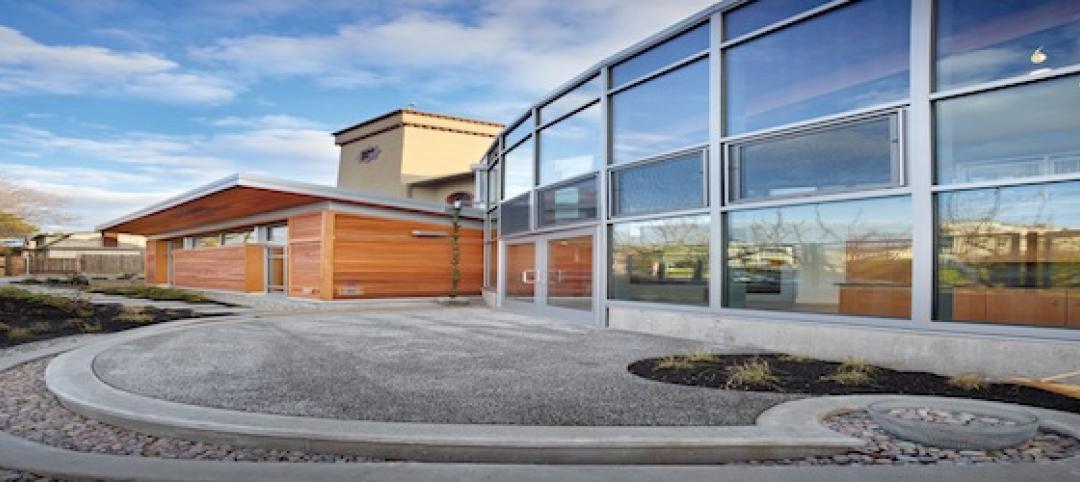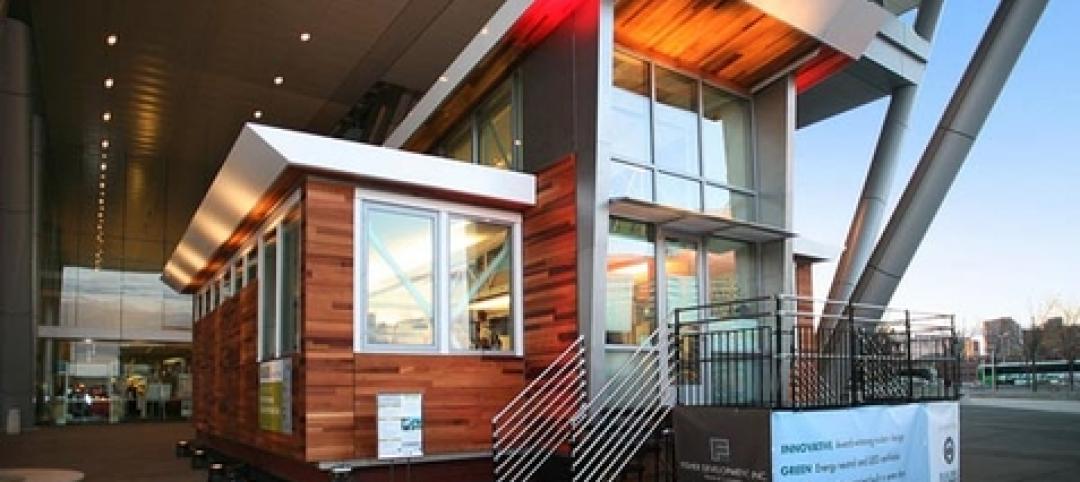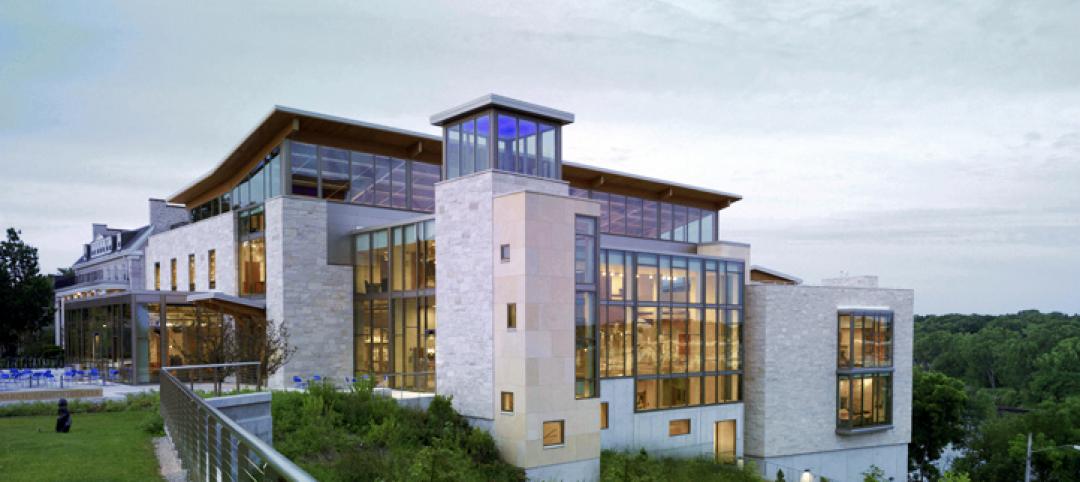Looking back, creating an AEC start-up during the brutal recession of the early 2000’s sounds like the worst timing imaginable. Sounds like a great way to lose everything, a great way to regret chasing a dream, a great way to move back in with your parents. What it doesn’t sound like is the beginning of a success story that defies all logic and luck and proves that 3 people with a big dream can actually become more profitable than they ever imagined. Here’s Ampirical’s incredible story.
Let’s get this straight: Ampirical isn’t just successful—it’s nationally recognized and shattering predictions by growing over 2,000% in revenue in the last seven years.
Ampirical went from three employees to being in the Top 25 of Engineering on Inc. Magazine’s Top 500|5000 fastest growing private companies in just seven years. And they can actually pinpoint why.
Ampirical, By the Numbers:
Staff growth over seven years: From three employees to 77
Percentage staff growth = 2,466%
Engineering revenue in 2006: $391,000
Engineering revenue in 2012: $9,375,000
Revenue growth: 2,297%
Ok, seriously—a comma? Who has a comma in their growth percentage? What is Ampirical doing that makes them so amazing?
First off, their engineering, architectural and surveying work is heralded as a benchmark in the industry and companies from all over the country seek them out for it. No cutting corners there.
But secondly, they prioritize beautifully and their office efficiency is off the charts, so they’re running at maximum billable hours at all times.
For those office management tasks, they credit BillQuick for speeding up their cash flow and helping them “spoil” their regular clients. Here’s how it breaks down:
First They Sped Up Cash Flow
Pamela Flucke, CPA and Controller at Ampirical explains, “BillQuick sped up the invoicing process immensely because all the required information for our workflow is kept in one spot. Previously, we kept time and expense entries in QuickBooks and we had to sync time. Now we’ve eliminated that step entirely. It’s a lot more user-friendly. For example, with QuickBooks, we could only manage to create and send 20-25 invoices a month. Now we’re able to do 100+ a month. It’s grown by leaps and bounds. So as a result our cash flow has improved due to faster cycle time. We typically email instead of manual mail and that saves time too.”
Ampirical credits BQE's BillQuick for speeding up the firm's cash flow.
Then They Managed Budgets Better
Knowing where you stand in regards to the budget is easy when you can automate reporting, Flucke explains. “Project managers are running reports in BillQuick and having them delivered to their email every Monday morning, so instead of having to manually check how many hours they’ve spent so far and how many they have left in their budget, they just know. They’re also starting to manage their employee’s utilization levels with that. They don’t have to think about it—it’s one less thing, since it’s automatically generated.”
They Keep Clients Coming Back
When asked if it helps her juggle clients easier, Pamela laughs, “Yes! And each one wants to see something different on the invoice. We’re up to 20 custom invoices—we’re very accommodating to clients in that way—we like to spoil them. Most of them are repeat clients.”
Here’s How They Made All That Money
While the rest of their staff grew 60% from 2010-2012, and their number of invoices, time sheets and reports grew exponentially, they didn’t have to expand their admin staff. They only added more engineers and specialists to provide even better service, and as a result, their revenue skyrocketed without adding overhead for non-billable staff.
Learn how BillQuick can help you improve your cash flow too.
Read more about Ampirical’s impressive Inc. Top 500|5000 nod here.
Related Stories
| Sep 12, 2011
LACCD’s $6 billion BIM connection
The Los Angeles Community College District requires every design-build team in its massive modernization program to use BIM, but what they do with their 3D data after construction is completed may be the most important change to business as usual.
| Sep 12, 2011
Construction waste management
Best practices for an environmentally optimized job site.
| Sep 12, 2011
PVs play new roles as a teaching tool
Solar installations are helping K-12 schools around the country save money and teach students the intricacies of renewable energy sources.
| Sep 12, 2011
Living Buildings: Are AEC Firms up to the Challenge?
Modular Architecture > You’ve done a LEED Gold or two, maybe even a LEED Platinum. But are you and your firm ready to take on the Living Building Challenge? Think twice before you say yes.
| Sep 12, 2011
First phase of plan to revitalize Florida's Hialeah Park announced
This is the first project of a master plan developed to revive the historic racetrack.
| Sep 12, 2011
Geist opens European branch
The new branch provides the company’s international clients with additional support and services.
| Sep 9, 2011
$22 million investment made in energy efficient building maker
The buildings use at least 25% less energy than the strictest building codes in the U.S., and as much as 80% less energy in certain parts of the country.
| Sep 9, 2011
Hardinger joins Ryan Companies as vice president, mission critical
He will lead the Ryan team responsible for building and developing data centers and other mission-critical projects, and will oversee business development, client relationships, executive level communications and overall marketing strategies for the division.
| Sep 7, 2011
KSS Architects wins AIA NJ design award
The project was one of three to win the award in the category of Architectural/Non-Residential.
| Sep 6, 2011
Construction on Beijing's tallest building starts next week
The 108 floor mixed-use skyscraper consists of offices, apartments, hotels and shopping malls on the lower floors.
















